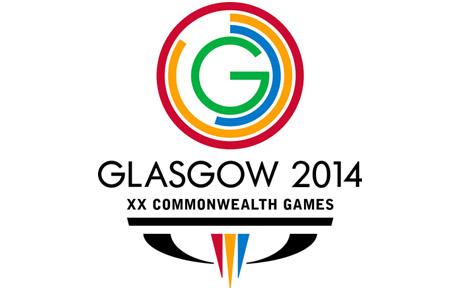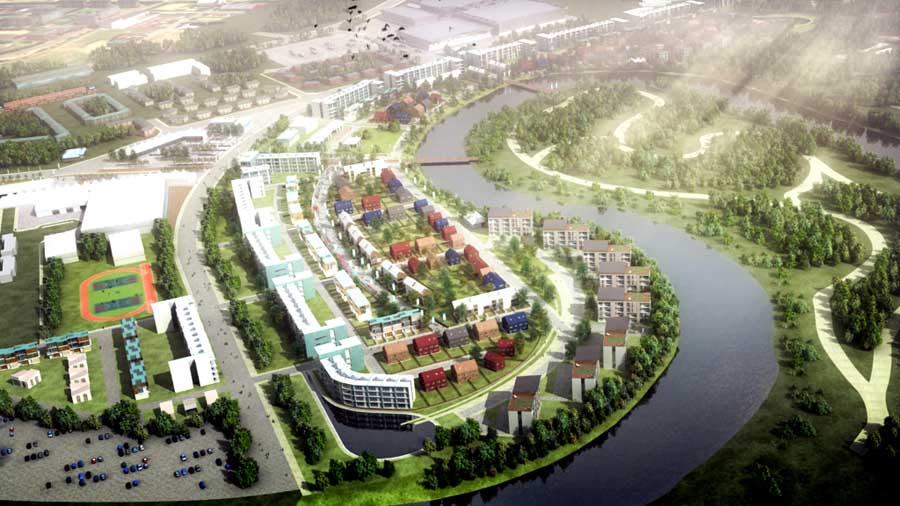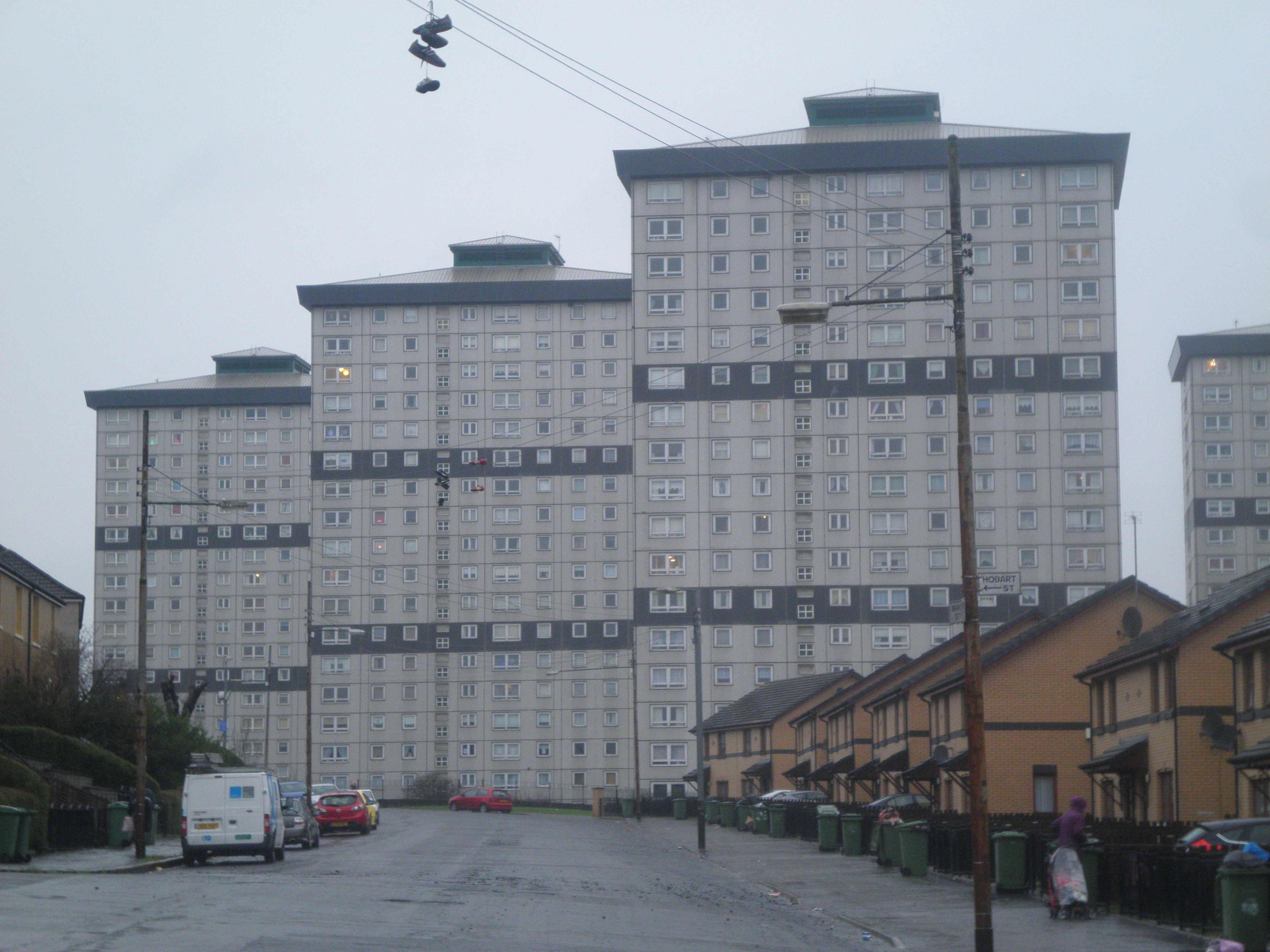Glasgow’s Commonwealth Games: Political Prestige Project or Positive Legacy?
Although sports is often ought to be a connecting mechanism in society, the opposite unfortunately generally comes closer to the truth. This is not only the case when two rivalry football teams play a local derby, but also very much when a local government decides to apply to host a major global sports event. Since these events are often interrelated with many societal issues, opinions about them do not only differ between sports-minded people and those who are not interested at all. Whereas the newly established Dutch government, all of a sudden decided to withdraw its support for Amsterdam’s candidacy for the 2028 Olympic Games due to significant budget cuts that had to be made, the City of Glasgow will host the Commonwealth Games in 2014, an event whose size and importance cannot be overstated for member nations of the Commonwealth. Despite the noble initiatives to mainly benefit the deprived East End of the city, opinions are, as always, divided.
My previous article already revealed some of the current problems that Glasgow’s East End is facing. The Games thus aim to regenerate this part of the city, not only by providing jobs, but also by making use of otherwise derelict land, by improving health, infrastructure, and transportation networks, and by building upon existing regeneration programmes, for instance regarding social inclusion. One of the things that are believed to remain a lasting positive legacy is the Athletes’ Village, which will be converted into a mixed-tenure residence with 1.100 private homes, 300 socially-rented homes, and a 120 bed-care home, which is expected to provide some positive area effects.
Furthermore, the city aspires to create a high-quality living and business environment alongside the River Clyde, including the East, where the Games should thus function as a tool in order to achieve this. All in all, the main aim is to tackle the existing negative stigmas regarding the East End’s ‘discourse of decline’, while the city meanwhile intends to let the Games function as a catalyst in order to brand the city as a post-industrialist success story, and even as ‘one of Europe’s most dynamic, economically competitive and socially cohesive regions.’
One of the recurring discussions regarding major sporting events is about the unpredictability of the costs. The 2004 Olympics in Athens count, according to many, as an example of how it should not be; although the current crisis in Greece is of course not solely caused by the irresponsibly high costs of this event, it probably has had a considerable contribution to it. Athens became saddled with underused stadia, supporting facilities, and infrastructure.
In a lot of other cases, it is still not quite clear to what extent a city actually managed to benefit from the legacy of the event. Although City Council members in Manchester recently stated that, as a result of the Commonwealth Games in 2002, the city became a more attractive destination for tourists and businesses, while they appeared to be a turning point for the former problematic area of East Manchester, critical academic articles express their doubts. Matheson (2010) namely stresses that ‘an employment legacy was unclear due to a lack of longitudinal work.’ She moreover asserts that evidence based performance indicators surrounding legacy and holistic longitudinal studies are needed in order to get a bit of a clearer picture regarding potential legacies of major sports events, like for instance the Commonwealth Games. The current global economic crisis forms an additional challenge for Glasgow here.
Apart from the cost debate, another, more sociological question which might appear is whether the decision to organise such an event has been a democratic and justified decision, or if it is rather a political prestige project? Elaborating on this question, one could question which people do in fact directly benefit, and if there are any people directly harmed by the developments as well? Fainstein (2010) developed a theoretical framework regarding ‘the just city,’ with which she basically means a city that scores high on both the factors democracy, equity, and diversity. In the same book, she fiercely criticises New York, where the residents of the Bronx were hardly heard at all during the planning process of the new Yankee Stadium, as well as, to some lesser extent, London, where as she states the Olympic bid was dubious on equity grounds, since land takings for the Olympic Park were allegedly displacing close to 500 people and over 300 businesses. Similar stories already appeared in relation to Glasgow’s preparations for the Commonwealth Games, through interviews with people who are forced to leave their homes and move to another assigned location, after having owned them for nearly 40 years already.
Apart from this, there is a whole lot more scepticism about the lasting legacy of the games, like a 355-page report about the likely limited positive health effects the Games will bring about, as well as cynical remarks that employability projects will only be temporary and therefore will not be able to offer any structural solutions. Should we thus be glad that Amsterdam will not volunteer itself for an expensive and, in the eyes of many, worthless major sporting event such as the Olympics? Perhaps I, being quite a big sports fan, am a bit biased, but I dare to say that I doubt it. Despite the fact that forced relocations, and therefore ‘injustice,’ seem to be inevitable, and the variety of intended legacies often remain unclear, it could also be argued that the Manchester City Council honestly recognizes positive legacies from the 2002 Games in their city.
Particularly cities that have had a rather dubious image in the near past, like Glasgow, could use all the help in their struggle to improve their reputation and subsequently become an international competitive and attractive global city. If Glasgow manages to learn from mistakes made elsewhere in the past, and to me it seems they do, the Commonwealth Games of 2014 can be a great success-story for the city. And, last but not least, in the case that Sir Chris Hoy and Andy Murray will participate, Scottish success at the Games could even result in an additional and not unimportant legacy, namely regarding the independency referendum later that year. Although I am not part of the Commonwealth myself, I will follow everything with interest!





